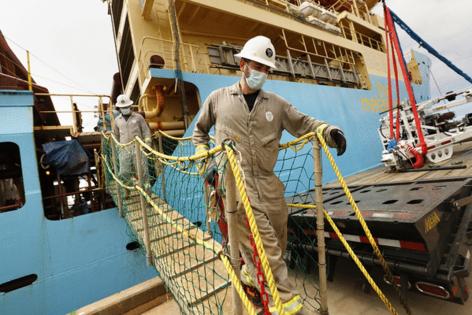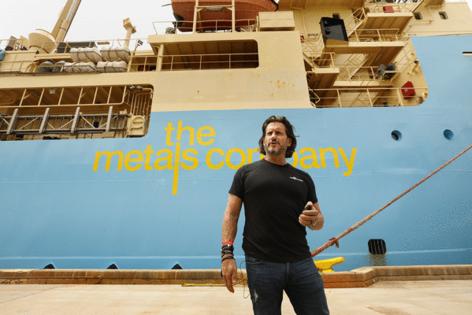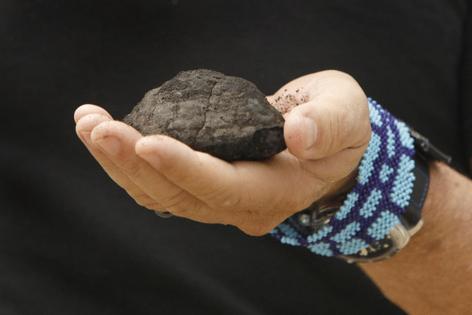Deep sea mining threatens sea life, environmentalists say. California law has a solution
Published in News & Features
LOS ANGELES -- As diplomats from around the world convene in Jamaica next month to discuss international guidelines on deep sea mining, environmental activists are urging nations to consider a California law they say could mitigate the need to destroy fragile ocean ecosystems.
“Mining the deep sea will destroy one of the most mysterious and remote wildernesses on the planet, all to extract the very same metals we throw in the trash every day,” said Laura Deehan, state director of Environment California Research & Policy Center. “While we work to protect California’s coastal ocean life, we should join in calls to protect the deep ocean before it’s too late.”
The report was by experts with the environmental groups Environment America and U.S. PIRG, as well as the Frontier Group, an environmental, nonprofit think tank and research firm.
As the world transitions from fossil fuels, many replacement technologies — electric vehicles and wind turbines, for instance — rely on metals such as lithium, cobalt, nickel, copper and rare earth elements. And as production ramps up, international mining conglomerates are increasingly eye-balling the deep ocean where vast numbers of polymetallic nodules — naturally occurring concentrations of many of these metals — have been located.
These nodules, formed over millions of years, range from one to four inches in diameter and lie within the top three inches of the ocean floor.
Now, mining companies such as Canada’s the Metals Co., want to bring their deep sea harvesters or subsea collectors to the ocean floor and bulldoze across the sea bottom to grab these “rocks” as they traverse the cold, dark waters of the deep ocean.
Their first target: The Pacific Ocean’s Clarion Clipperton Zone, which extends west of the Central American coast some 4,500 miles, and spans approximately 1,700,000 square miles.
In 2016, an international team of scientists investigated the seafloor there and found it contained an abundance of diverse sea life. Not only were more than half of the species collected new to science, but they also found a positive association between the amount of marine life and the number of nodules.
The Metal Co. and those who support deep sea mining say their industry is essential in order to provide the raw materials needed to combat fossil fuel-driven climate change.
“Metal extraction — whether on land or from the deep sea — will impact ecosystems...” acknowledges the company on its website. However, “the clean energy transition will require trade-offs.”
...continued
©2024 Los Angeles Times. Visit at latimes.com. Distributed by Tribune Content Agency, LLC.












Comments